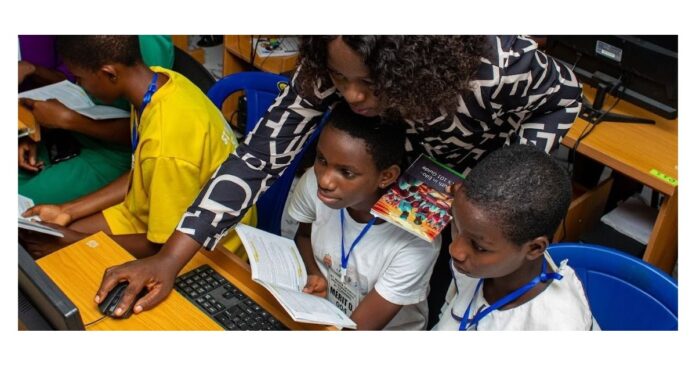In Edo, Nigeria, secondary school students in an AI-powered after-school program gained 0.31 standard deviations in learning—about 1.5–2 years of schooling—over six weeks. This success stemmed from an intervention that prioritized both teachers and students, leveraging generative AI while learning from past EdTech experiences, especially during the COVID-19 pandemic. As part of the World Bank’s EdTech Team, I emphasize that effective education programs require a holistic approach focused on specific educational challenges rather than just technology.
Key insights for policymakers include starting with clear educational goals, developing a robust theory of change to outline desired outcomes, and tailoring solutions to local contexts. Understanding local needs, such as connectivity and device availability, is crucial for selecting appropriate tools and content. These principles not only ensure responsible AI integration but also address the global learning crisis effectively, shaping the future of education.
Source link
